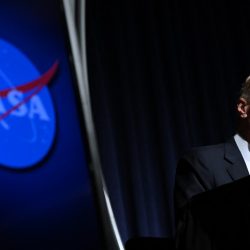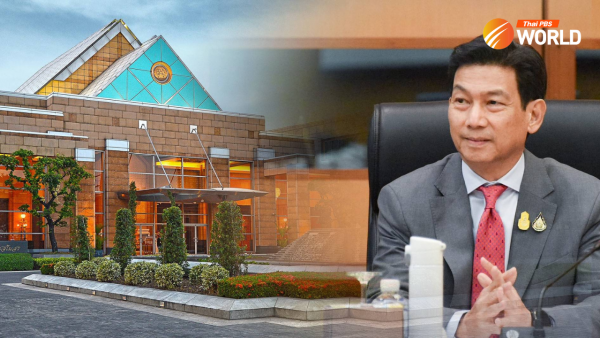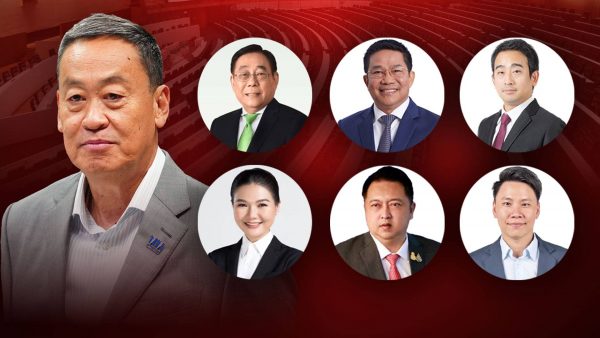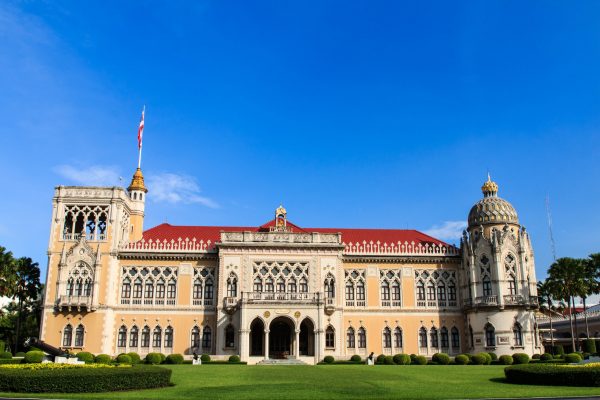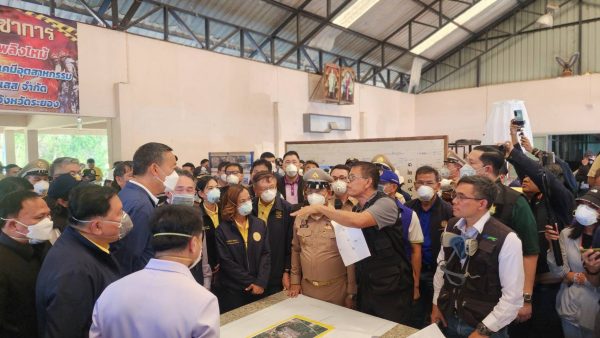Thailand’s new Foreign Minister to highlight technology in foreign policy
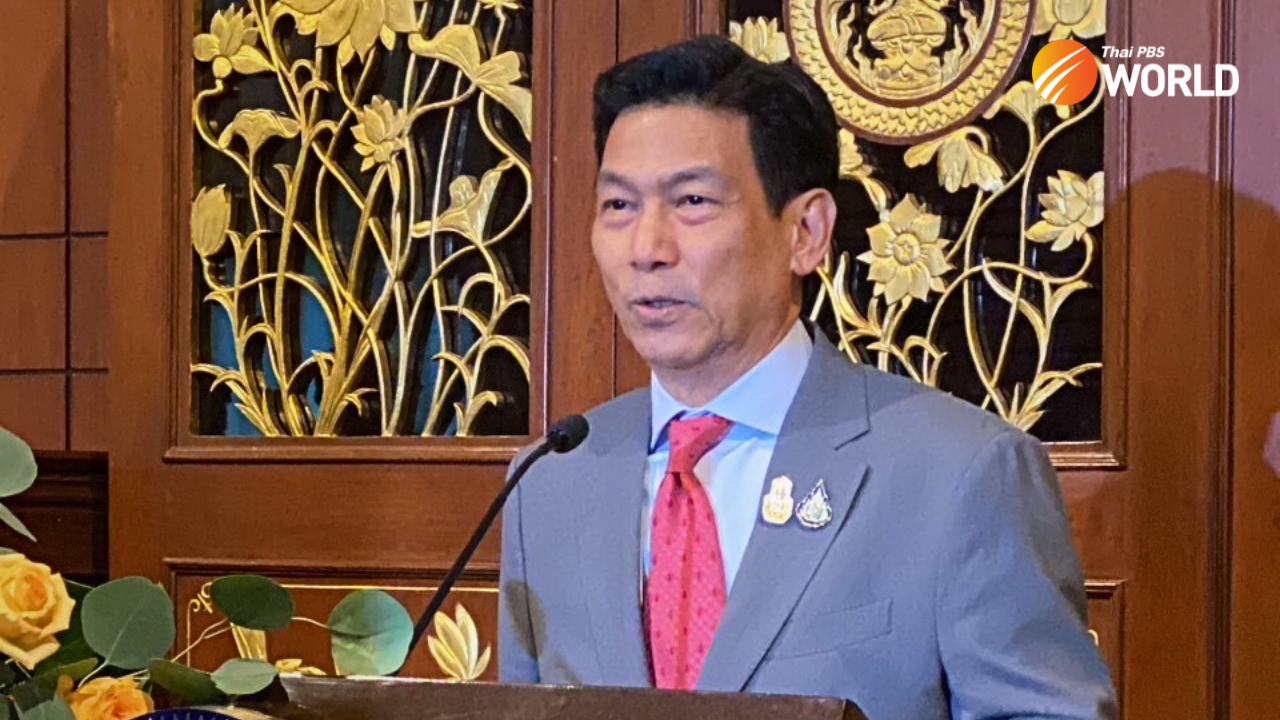
Technology is a new emphasis which Thailand will add to its foreign policy. Foreign Minister Parnpree Bahiddha-Nukara says it will help the country to play a more active role on the international stage.
Parnpree said he also intends to use public diplomacy to engage Thai people, so that foreign policy can be used as a tool to help improve their livelihoods.
He said one of the first things he plans to do, after accompanying Prime Minister Srettha Thavisin to attend the UN General Assembly in New York next week, is to visit people on the Thai-Cambodian border to learn about their living conditions and their expectations of the new government.
Parnpree was speaking at a media reception at the Foreign Ministry on Thursday night, during which he offered a glimpse into the foreign policy direction of the Srettha government.
He said, besides security and the economy, he will add technology as a new element into the country’s foreign policy. “There are different priorities with different countries. Security may be a top priority for some, the economy for others. A new consideration will be technology,” he said.
Parnpree also reiterated Prime Minister Srettha’s call for Thai diplomats to function as salesmen as well, in order to help promote the country’s economic and trade interests.
“I am confident that the Srettha government will be able to revive Thailand’s active role on the international stage,” he said.
On Myanmar, Parnpree said the Srettha government will continue to follow the ASEAN stand on the crisis in the neighbouring country, based on its “five-point consensus”.
Parnpree did not, however, rule out the possibility of Thailand making informal efforts to alleviate the situation in Myanmar, “but before we take the initiative, we need to make sure that we consult our ASEAN friends,” he said.
Thailand came under heavy criticism for hosting an informal talk on the crisis in Myanmar in July, which was attended by representatives from seven countries, including Myanmar, China and India. It was, however, boycotted by Indonesia, Singapore and Malaysia.
The talk was arranged as part of Thailand’s so-called “quiet diplomacy”, which was seen as necessary by the Thai Foreign Ministry to engage Myanmar but was assailed by critics aslegitimising the military regime there.
Parnpree said he believes that the Foreign Ministry has made many positive contributions to address the crisis in Myanmar,but may not have done enough publicity about them.
“Quiet diplomacy should not be too quiet,” he said half-jokingly.
Parnpree, 66, is a veteran politician of the Pheu Thai Party, the core of the coalition government. He served as Thailand’s trade representative in 2005 and 2006, during the Thaksin administration.
Parnpree was born into a family of diplomats. His grandfather, Phra Bahiddha-Nukara, and his father, Preecha Bahiddha-Nukara, were both senior officials at the Foreign Ministry.
With a law degree from Chulalongkorn University, he earned his Master’s and Ph.D in public administration from the Southern California University and Claremont Graduate University in the United States respectively.
Parnpree began his career in the Thai bureaucracy as a junior official in the policy and strategy coordinating division of the Office of Prime Minister’s Secretary in the 1980s, during the Prem administration. He also worked closely with then prime minister Chatichai Choonhavan for two years, before the military coup in 1991.

